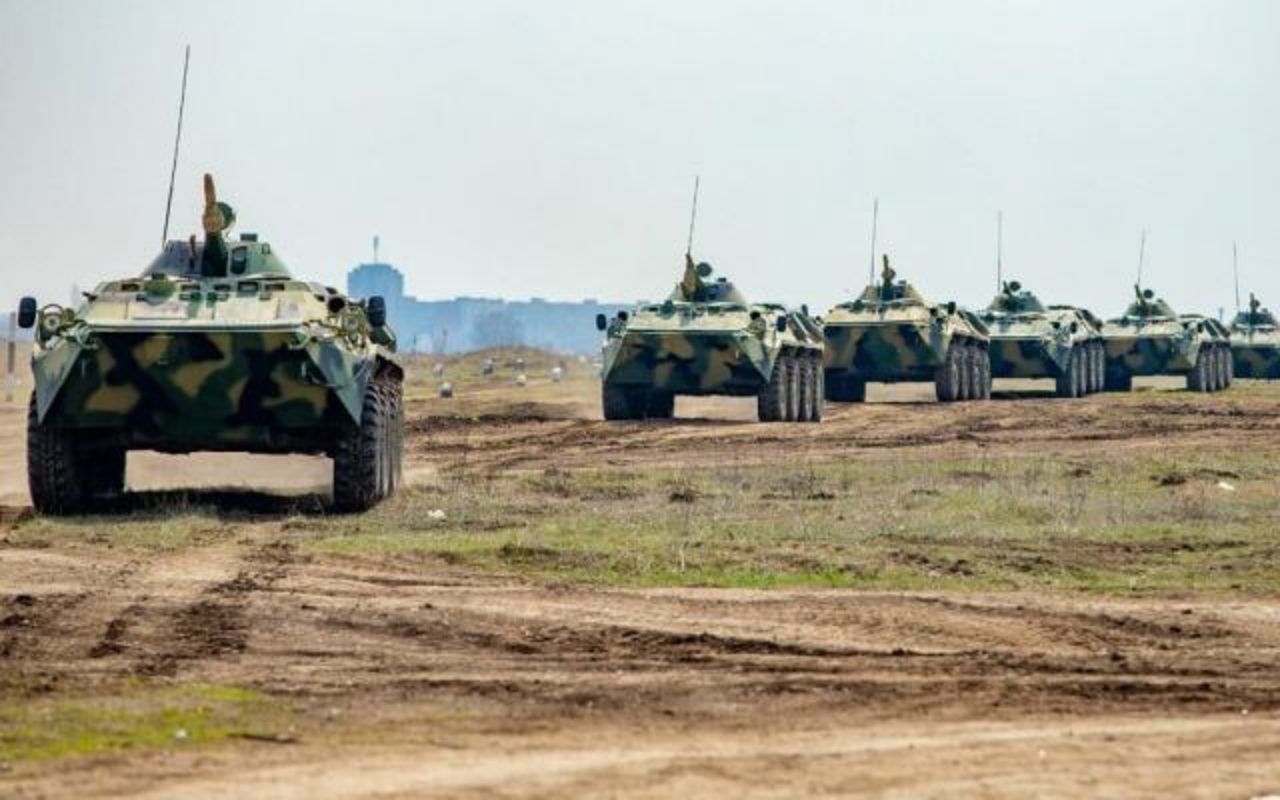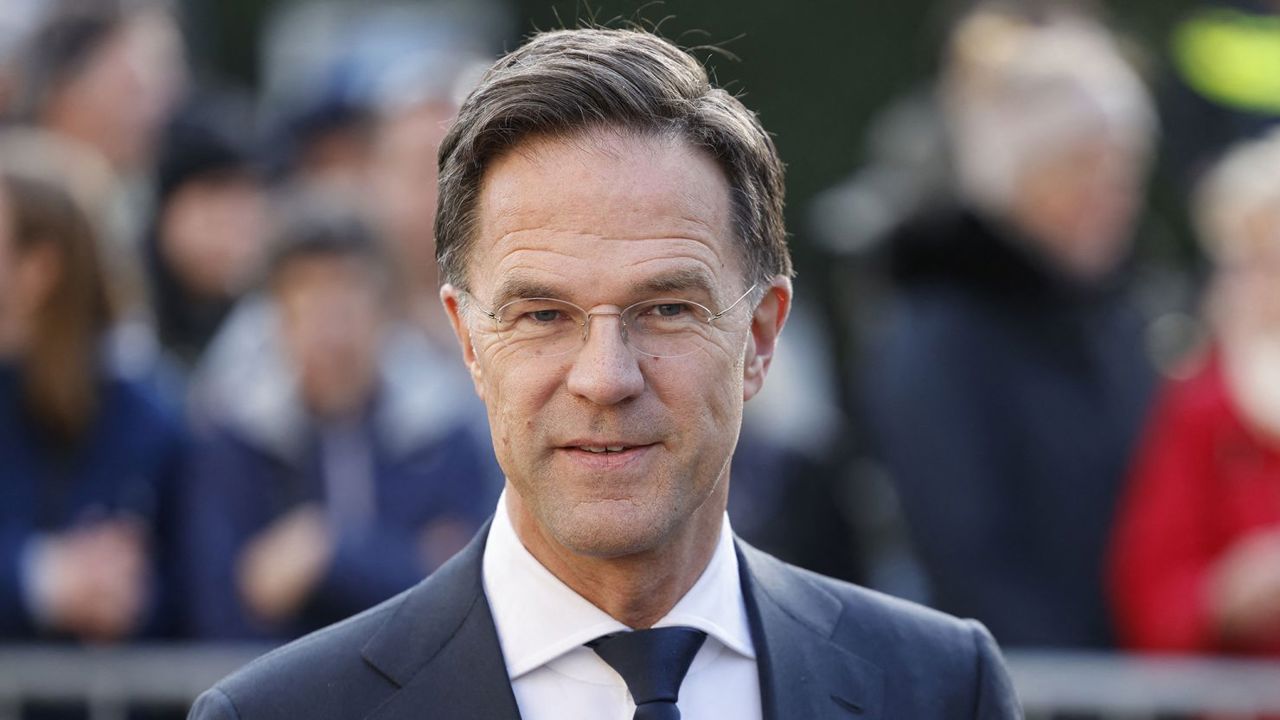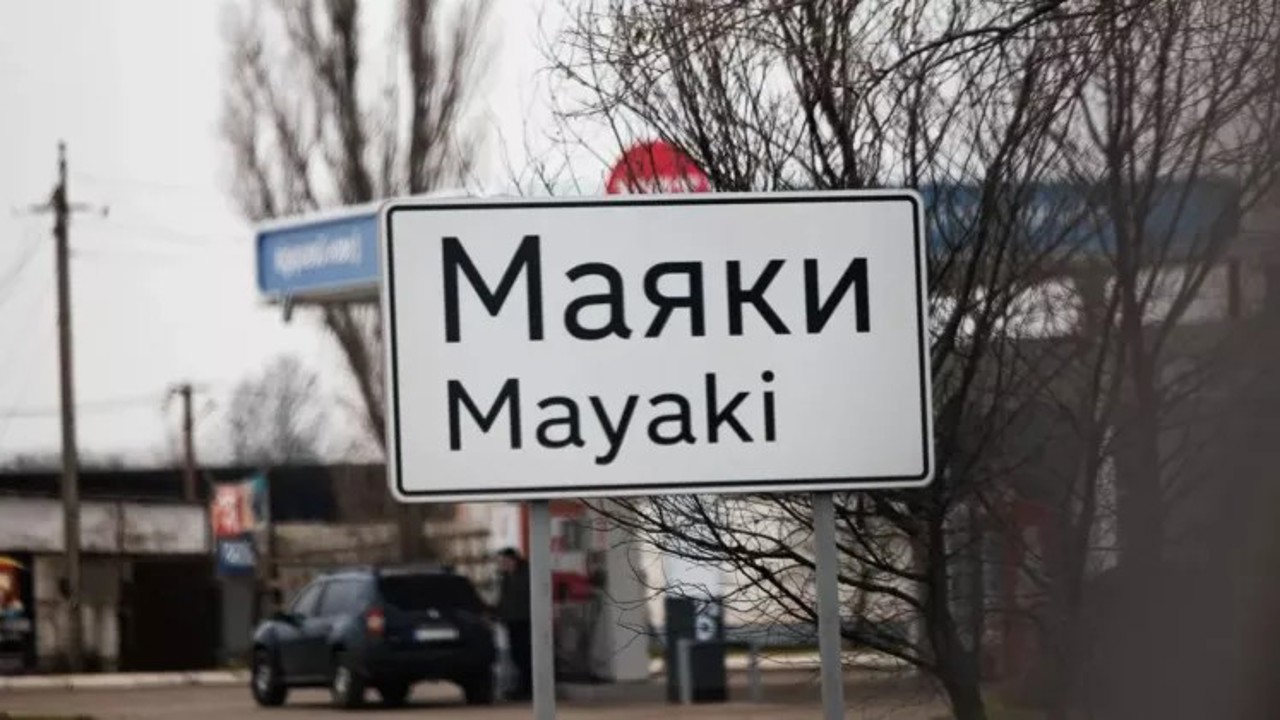Aleksei Polysuk: Any actions against Russian servicemen in the Transnistrian region will be considered an attack against Russia
Moscow warns against any attempts to destabilise the situation in the Transnistrian region. Moreover, the Kremlin will consider provocations against the Russian military in the area as a provocation against Russia. The statement was made by Director of Department 2 for CIS countries of the Russian Foreign Ministry Aleksei Polisciuk in an interview with the TASS news agency. In the context, the so-called leader of the Transnistrian region says he hopes the OSCE will bring Chisinau back to the negotiating table.

Meanwhile, in a press release, the Reintegration Office announces that a new meeting of political representatives from Chisinau and Tiraspol in the Transnistrian settlement negotiations will take place tomorrow at the OSCE Mission in Bender.
According to the director of Department 2 for CIS countries of the Russian Foreign Ministry, the Kremlin will consider provocations against its military in the Transnistrian region as an attack against Russia and warns that it will "react appropriately to any provocations".
"We warn against any attempts to destabilise the situation around Transnistria. The Russian military are in the region on legitimate bases as part of the Joint Peacekeeping Forces and the Russian Troop Task Force. Any actions that pose a threat to their security will be considered under international law as an attack on the Russian Federation," said Aleksei Polysuk.
The Russian Foreign Ministry representative added that the Armed Forces of the Russian Federation will ensure the protection of compatriots, the Russian peacekeeping contingent and the military depots in Cobasna. At the same time, the Russian official said that the words of Ukrainian President Volodimir Zelenski, who suggested that Russian peacekeepers should leave if they wanted to live, were "a new demonstration of the aggressive political course of the Kiev regime, whose threats are already crossing the borders of neighbouring countries".
In response, the so-called leader in Tiraspol says that Transnistria does not feel threatened and there is nothing to indicate preparations for a possible attack, so it would not need to be rescued. And the former deputy prime minister for reintegration, Alexandru Flenchea, points out that in the more than 30 years that peacekeepers have been on the territory of our country, the only shots fired in the security zone have been by peacekeepers.
"If the Russian Federation considers that the Russian military on the territory of our country is under threat, we consider that these very soldiers are the source of security threats to our country. Probably the best solution for everyone is to leave. Then the territory of the Russian Federation will not be threatened and we would not be threatened either," Alexandru Flenchea told Moldova 1.
Meanwhile, the so-called leader of the Transnistrian region, Vadim Krasnoselski, said in an interview with RIA Novosti that he hopes the OSCE will bring Chisinau back to the negotiating table and force it to respect its commitments.
Discussions on the Transnistrian settlement in the 5+2 format involve Chisinau and Tiraspol as parties to the conflict, Russia, Ukraine and the OSCE as mediators, and the European Union and the US as observers. The last round of talks took place in Bratislava in October 2019. The Russian military guards the arsenals in Cobasna, where there are more than 20 thousand tons of ammunition. The Republic of Moldova insists on removing these munitions from the country's territory, but the process started in 2001 was blocked by the alleged Transnistrian authorities in 2004 after relations between the two sides of the Dniester worsened. The Russian troop group, which numbers about a thousand soldiers and officers, also provides support to the Russian peacekeeping contingent in the security zone on the Dniester. Now the Russian military is effectively in a stalemate as Ukraine has blocked supply routes through its territory, with Moldova, which insists on the withdrawal of the OGRV, also obstructing this process.




